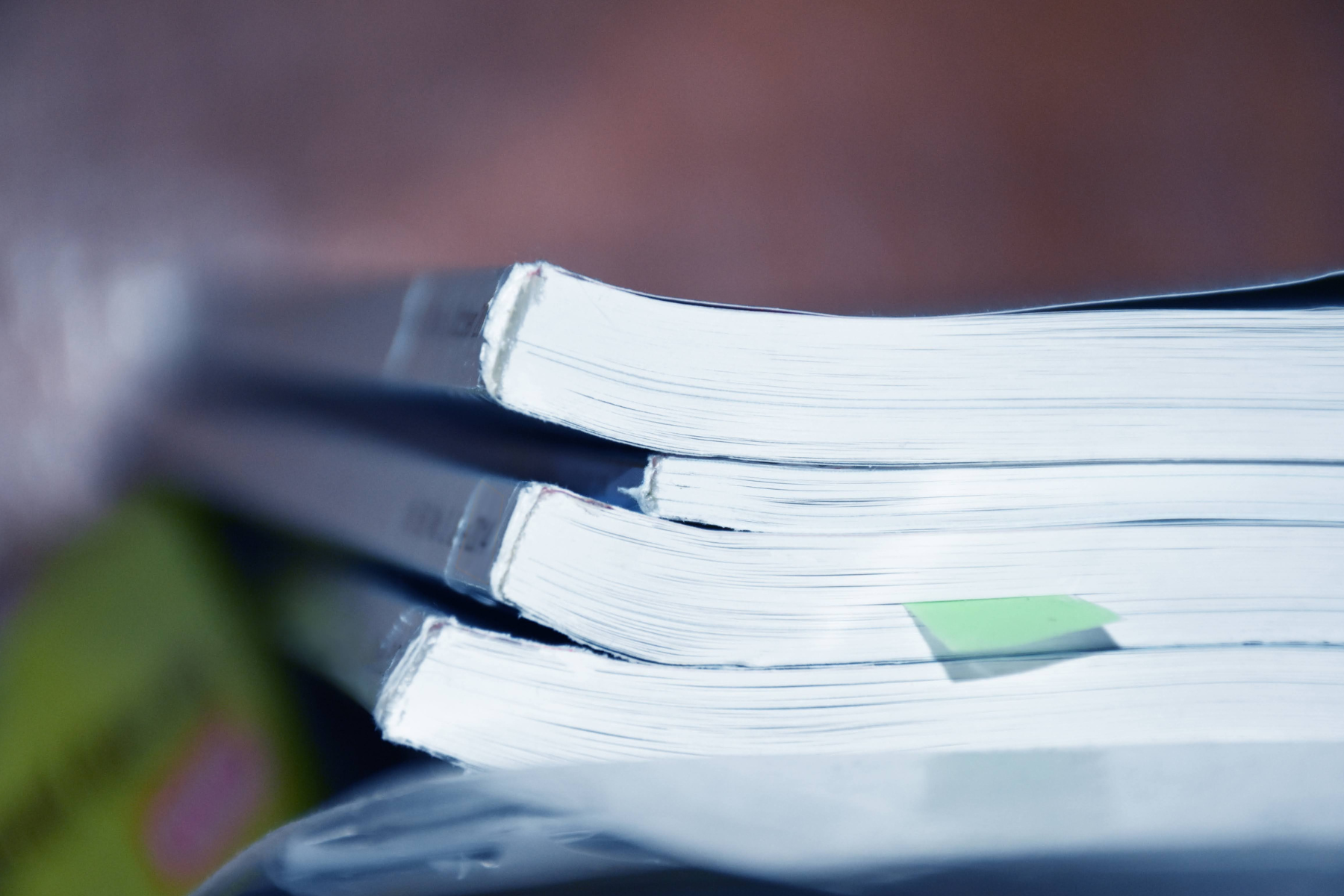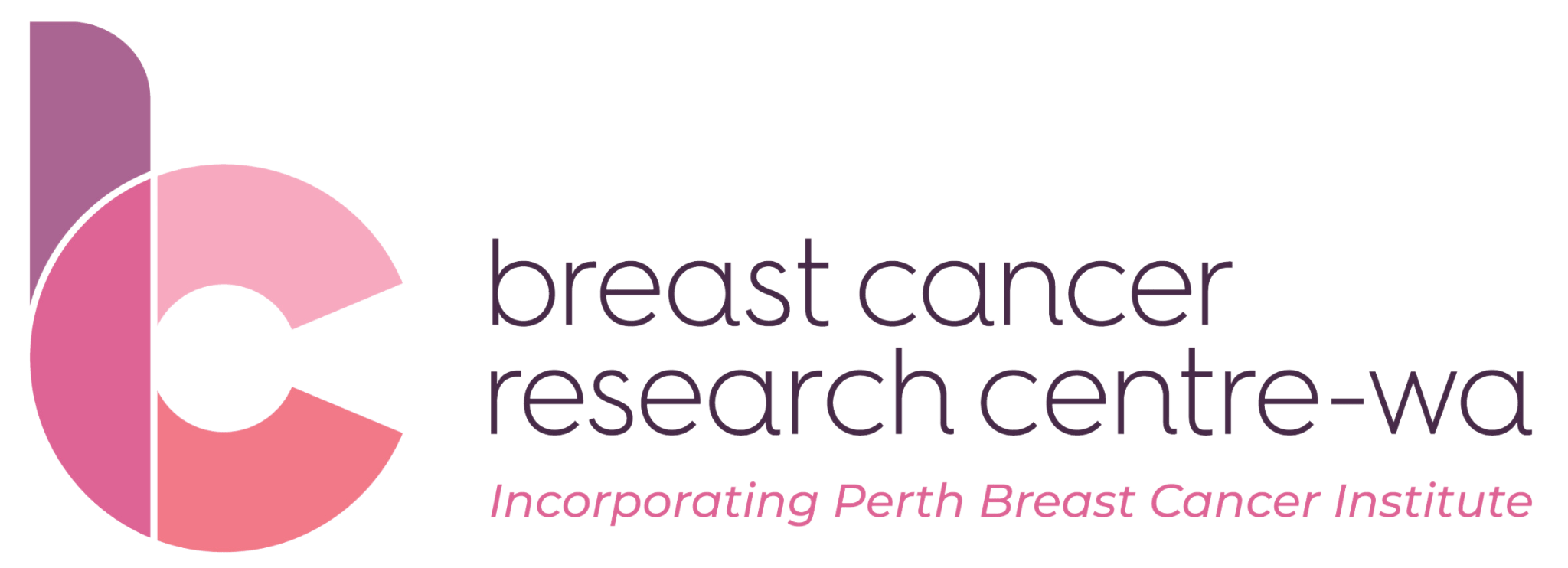Impact of COVID-19
And the diagnosis and treatment of breast cancer
The COVID-19 infection clusters started in December 2019 in Wuhan, China and was later declared a global pandemic by the World Health Organisation (WHO) on March 11, 2020. Since then, international efforts of border lockdown, quarantine, and vaccine development quickly ensued to try and curb rising COVID-19-related hospitalisation and complications.
Are COVID-19 vaccines less effective in cancer patients?
A study of 439 cancer patients on active cancer treatment was recently published from Europe. Though the protective antibody levels against COVID-10 decreased as few as three to six months after two vaccinations, these levels increased to good protective levels after the third vaccine booster dose. Side-effects after the third dose were similar in patients who do and do not have cancer. These included injection site pain (46.9%), fatigue (15.6%), fever or chills (10%). Based on these study results, the third booster vaccination is strongly recommended to all cancer patients.
Compared to other cancer patients, breast cancer patients recover and fare better when compared to patients with other types of cancer. There is some evidence that women undergoing active cancer treatment at the time of COVID-19 diagnosis appear “protected” and have fewer complication from COVID-19 and recover more fully. As with the general population a small number of women (8%) may experience “long COVID-19”. From the current scientific evidence, it is concluded that breast cancer patients can safely proceed with cancer treatment during the COVID-19 pandemic and that cancer treatment has no impact on the risk of COVID-19 complications.
What else can I do after I am fully vaccinated?
As advised by the Australian Technical Advisory Group on Immunisation (ATAGI), it is still important to continue practising good hygiene, physical-distancing and other COVID-safe recommendations after you have been fully vaccinated. All women with breast cancer are advised to refer to and adhere to up-to-date Australian COVID public health advice.
Thus, at this time point women with breast cancer are advised to have all three COVID-19 vaccinations. Whether a fourth vaccine booster is needed is not clear at present. It needs to be remembered that the degree of immunosuppression varies with different chemotherapy drugs. So, men and women being treated for blood cancers or those who have had an organ transplant, are generally more “immunosuppressed” than a breast cancer patient.
Also remember, that those patients who are receiving anti-HER2 therapy, are not regarded as receiving an ‘immunotherapy’. Nevertheless, if you develop symptoms suggestive of COVID-19, you should get tested, report the test result to your oncologist and alert the WA Health Department with attendance at one of the city-wide COVID clinics. Be guided by your treating medical oncologist as to how to modify or delay your breast cancer treatment if you are on chemotherapy or tablets which can lower your immunity.
The information and content provided on this page is intended for informational and educational purposes only and is not intended to substitute for professional medical advice. Please contact your medical team for advice on anything covered in this article.

Our full range of Resources
Breast Cancer Research Center – WA aims to support and educate breast cancer patients. For a specific pamphlet, ask our staff at your next appointment or download it from our website.
